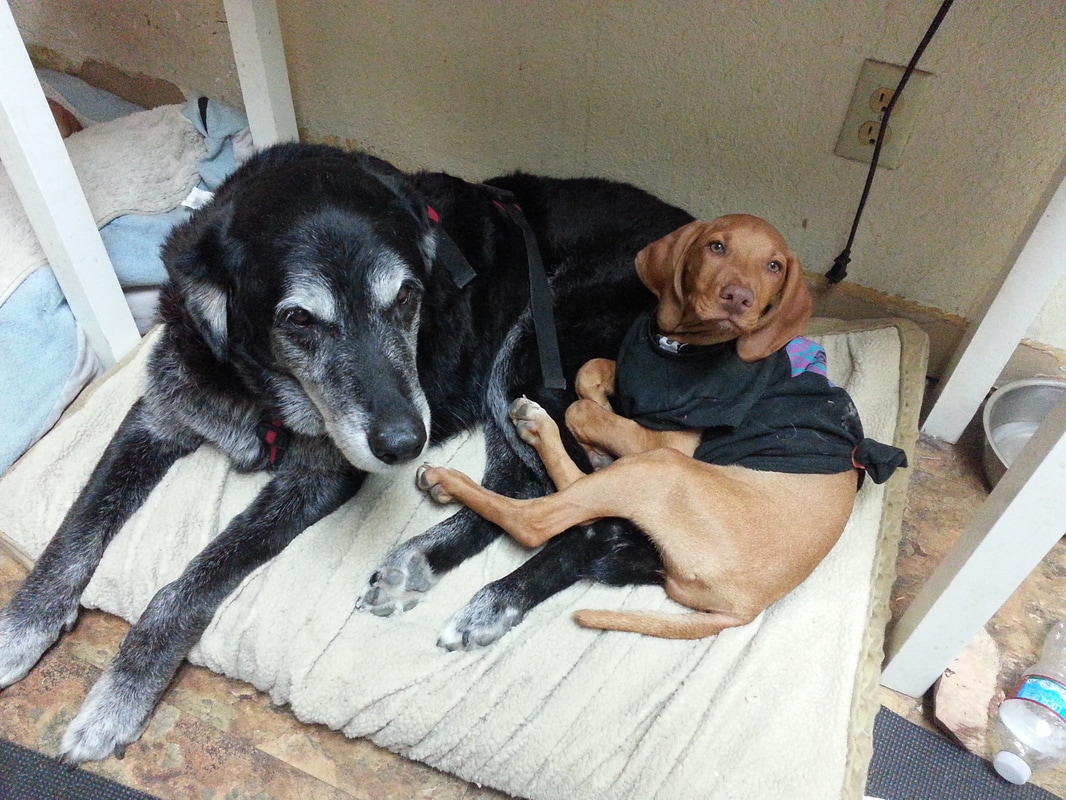 Brenda Mills, DVM Fast Facts – as related to the UC-Davis School of Veterinary Medicine Class of 1998 in our required Behavior class:
Additional facts:
In the early days of veterinary vaccine development, vaccines were by necessity clumsy and nearly impotent concoctions created by treating the disease agent to render it harmless and adding a compound to irritate the immune system and make it notice an otherwise harmless agent. These vaccines were far safer than natural exposure to the disease but contained a lot of extra material that the immune system really didn’t need to worry about, and resulted in relatively short-term immunity (1 year or less). The availability of veterinary care and the expense of vaccination meant that many animals were un-vaccinated or under-vaccinated, and even well-vaccinated animals might have faulty immunity, so Parvovirus, Distemper, and the like were potentially life-threatening risks for young dogs who had not completed their vaccine series. Enter the modern-day vaccine. The majority of the vaccines administered by veterinary professionals are now genetically engineered, modified-live vaccines that safely mimic an infection – from the immune system’s perspective – and provoke a strong, targeted immune response with the initial injection. Additional doses are administered to make the immune system “remember” the vaccine and put the important information about the diseases into its long-term memory. Even young puppies can now have good protection, and nowadays behavior is a bigger risk to survival than the diseases against which we vaccinate. Early socialization and training is behavior vaccination! When should puppies go to their first puppy class and puppy socials? Two to 14 days after coming home! In a perfect world, every puppy would be enrolled in a class taught using positive motivation, reinforcement and reward before coming home. If the start date falls within the first 48 hours of bringing your puppy home, or if your puppy requires a “quarantine” period because he or she just came out of the shelter, leave your puppy at home and attend class solo so you can start your homework and keep from falling behind! Which puppies can go about the neighborhood on pavement, rock, and bare dirt from the day they come home? Puppies whose mothers are known to have been up to date on their vaccines or vaccine titers, according to their veterinarian, at the time they were bred and who received a vaccine against Distemper, Adenovirus, and Parvovirus from a veterinary professional at least 10 days before they went to their new homes. These puppies should be experiencing the world from the time they come home even if they are only 8 weeks old. Which puppies should be socialized primarily in their new homes for the first 2 weeks after coming home? Puppies whose breeders use vaccines from the feed store for the mothers and/or the puppies, whose mothers have uncertain vaccine histories, who were not vaccinated before leaving the litter, or who have been out of an animal shelter for less than 2 weeks. Which puppies should wait longer than 2 weeks after going home to go out and about in their new world? Only puppies who are sick! Comments are closed.
|
AuthorsDr. Brenda Mills and staff members Archives
January 2021
Categories |
 RSS Feed
RSS Feed